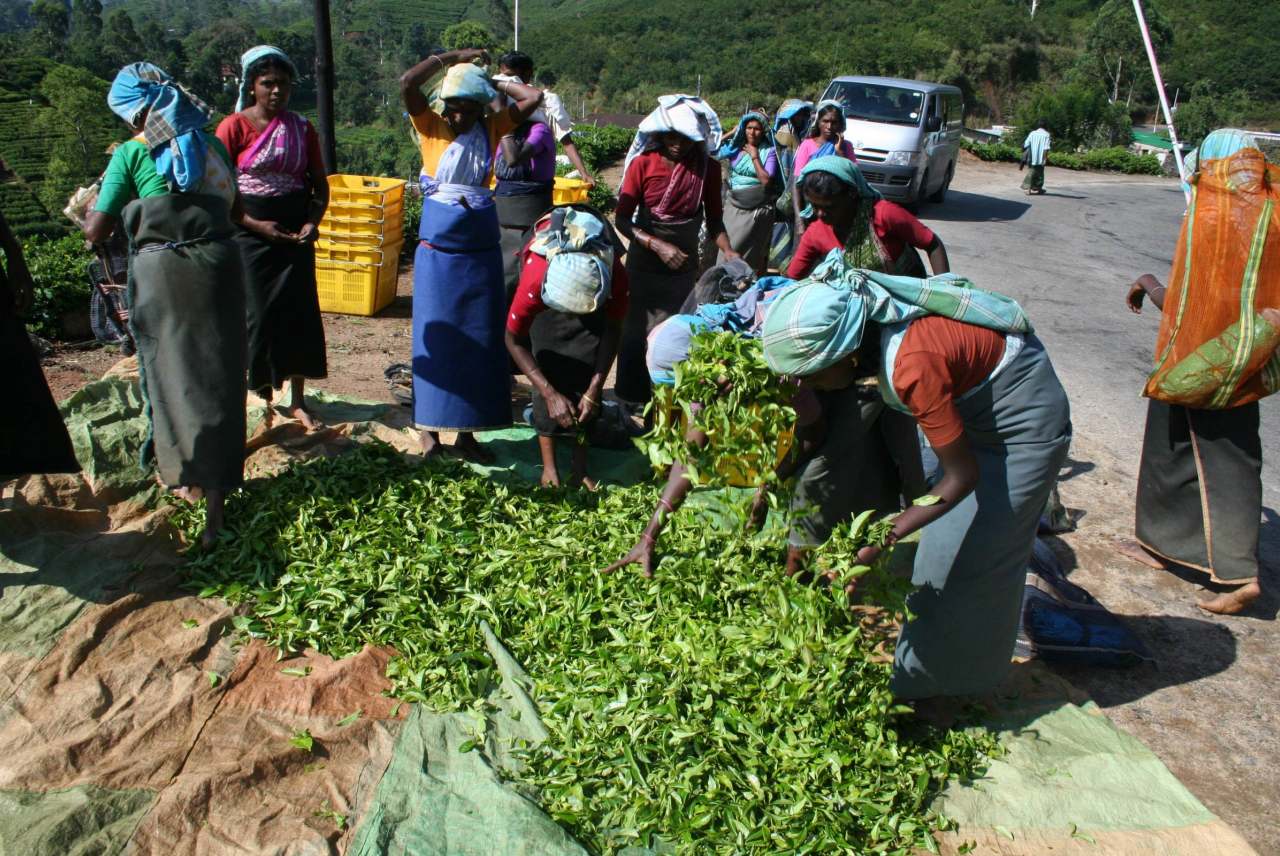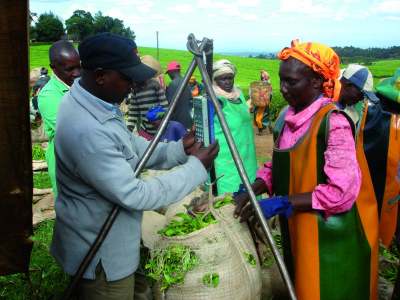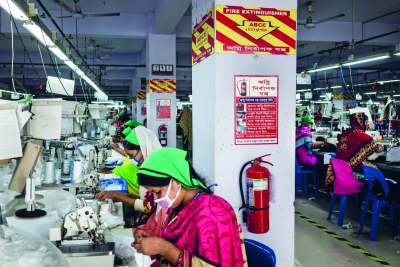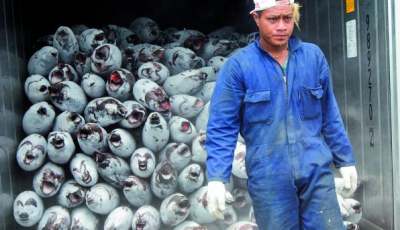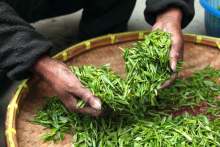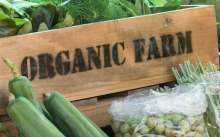Forced into exploitative employment
Many are therefore being forced out of their traditional ways of working and into other industries, where employers and multinationals exploit the influx of new labour.
Sweatshop labour and climate migration
Climate breakdown is pushing people to cities and urban centres. Soon it will be the biggest global driver of forced migration, according to the UN High Commissioner for Refugees. As more workers arrive in need of work, employers can often offer increasingly low wages and poor conditions.
Dr Ashok Kumar, whose work specialises in global production networks and industrial relations, explains:
“If you are a migrant you can be exploited more easily, as you have either no workplace rights, or are terrified to assert them.”
Faced with so many workers desperately in need of an income, employers can erode standard conditions. At the same time, labourers become less able to organise and collectively bargain, due to the fear that they will simply be replaced if they speak out.
Migrants “confront a dire lack of workplace protection”, according to the International Labour Rights Forum.
Many industries have exploited these facts. Sweatshop factories depend on just such histories of urban migration and are notorious for their unsafe conditions and exploitative wages and hours.
Again, it is often women, with fewer options for employment, who pay the price. 80% of sweatshop workers are female, and many are undocumented migrants leaving them even further unable to respond.
Climate breakdown is already contributing to this situation. It is causing many to leave their villages in countries like Bangladesh and find employment in urban garment factories instead.
